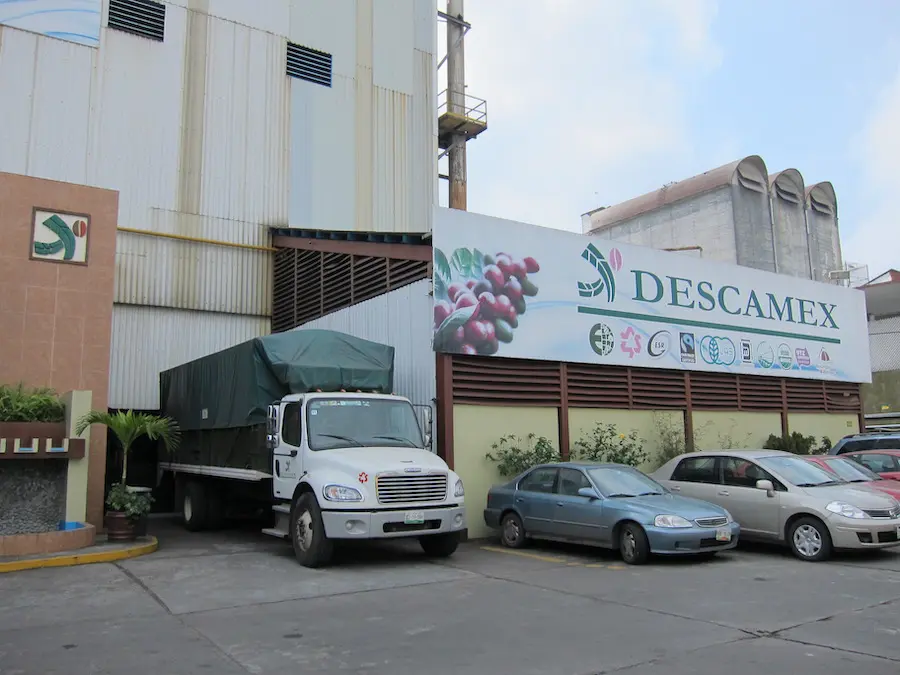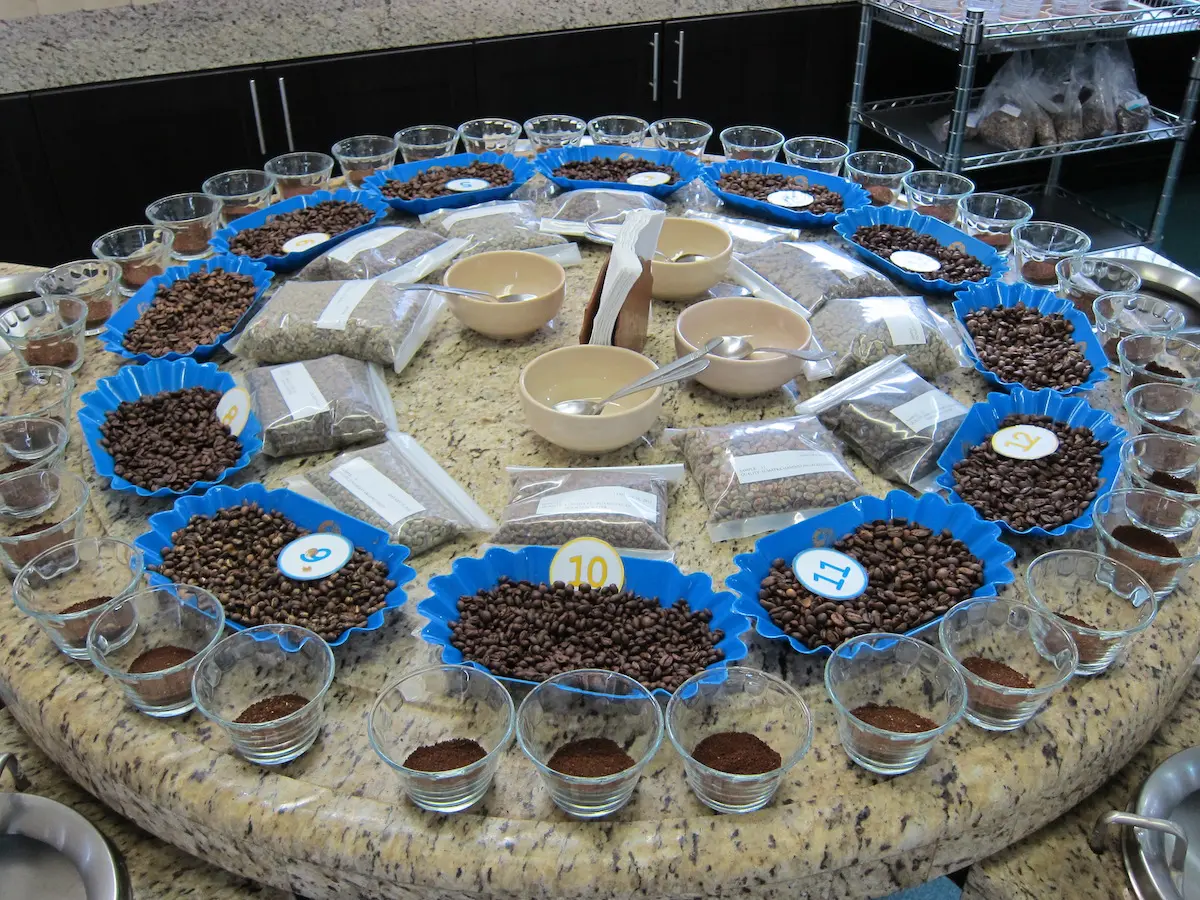Mexico is a country with a long-standing coffee tradition, producing high-quality Arabica beans grown in the mountainous regions of Chiapas, Oaxaca, and Veracruz. Thanks to its rich volcanic soil, high elevations, and diverse microclimates, Mexico is capable of producing a wide range of flavor profiles—from smooth and nutty to bright and fruity. Most of the country’s coffee is grown by smallholder farmers, many of whom use traditional, organic, and shade-grown farming practices.
Mexican coffee is known for its balanced body, mild acidity, and approachable flavor, making it a versatile choice for both single-origin brews and blends. It’s a staple for those who appreciate clean, well-rounded cups with subtle complexity.
Mountain Water Process
Mountain Water Process (MWP) is a method of indirect decaffeination. All our MWP decafs come from Descamex, which uses pure water from Pico de Orizaba—the highest mountain in Mexico. The process begins with a chemical analysis to determine optimal conditions, and then the beans are steamed and prepared for extraction. The extraction process uses a water-based saturated solution that removes the caffeine while keeping the coffee’s flavor compounds in place.
Fun fact: Roasters don’t hear the “crack” when roasting decaf, because the crack represents moisture reaching a boiling point inside the bean and pushing through; with decaf, this isn’t the case, because the cellular structure of the bean has been changed.
More details about the Turquesa in our Mexico Turquesa MWP Decaf can be found here.



